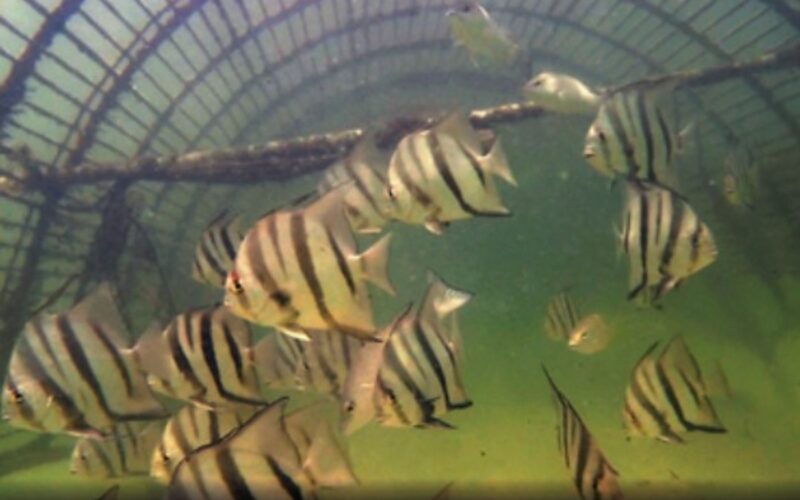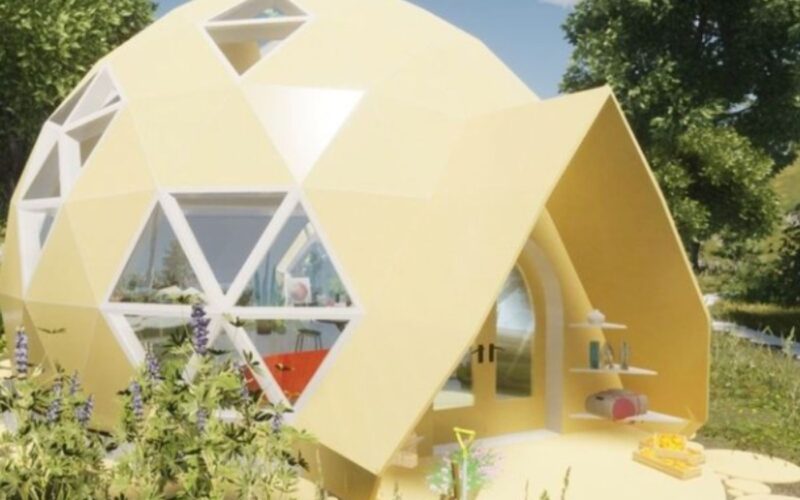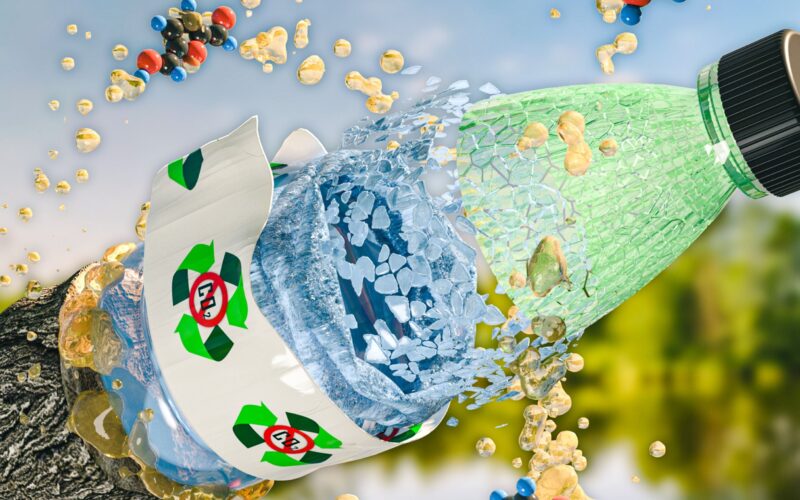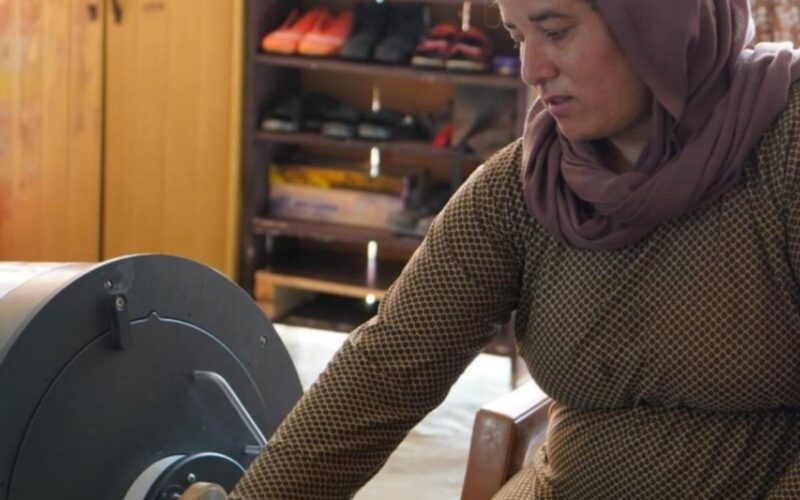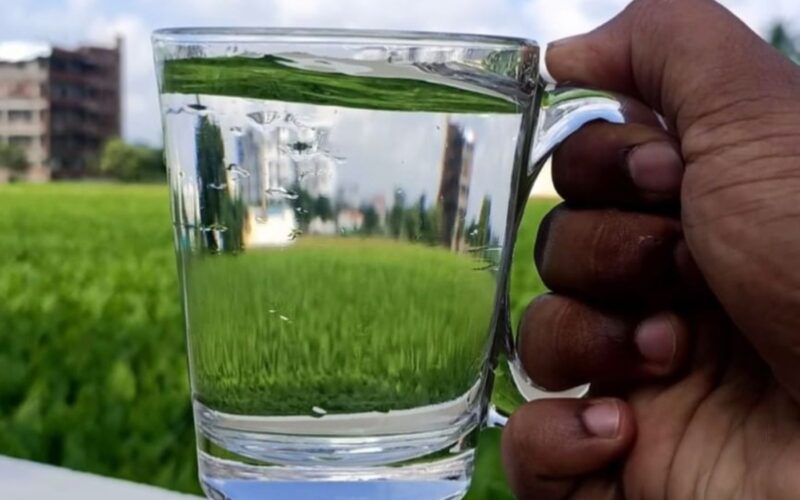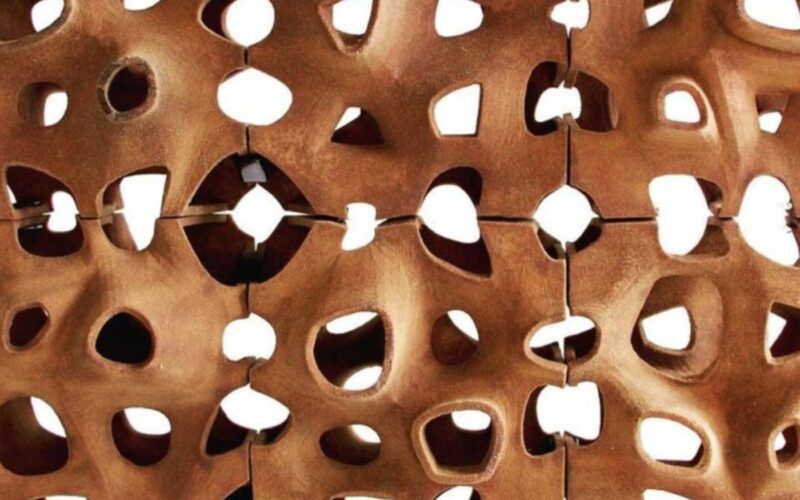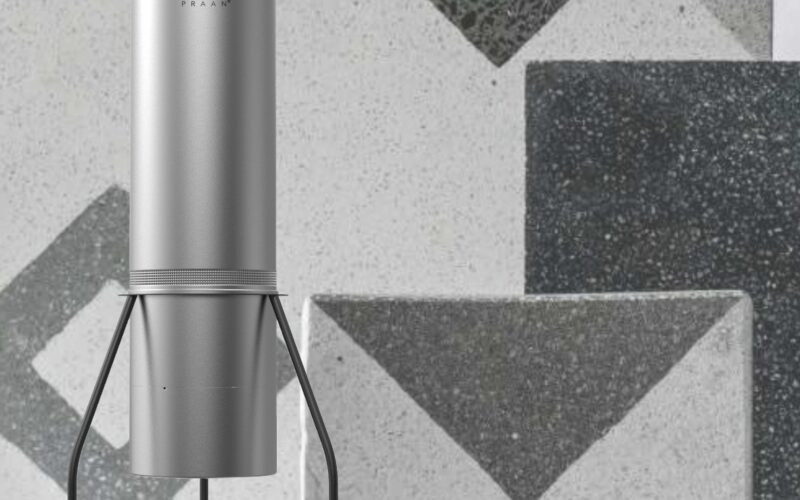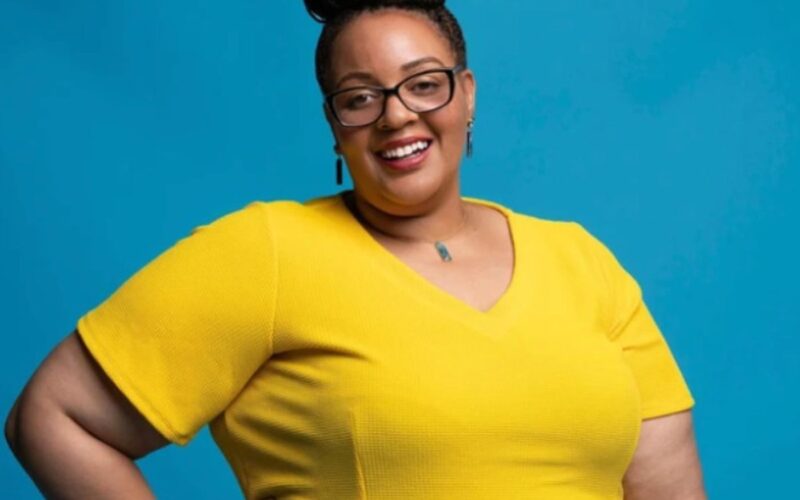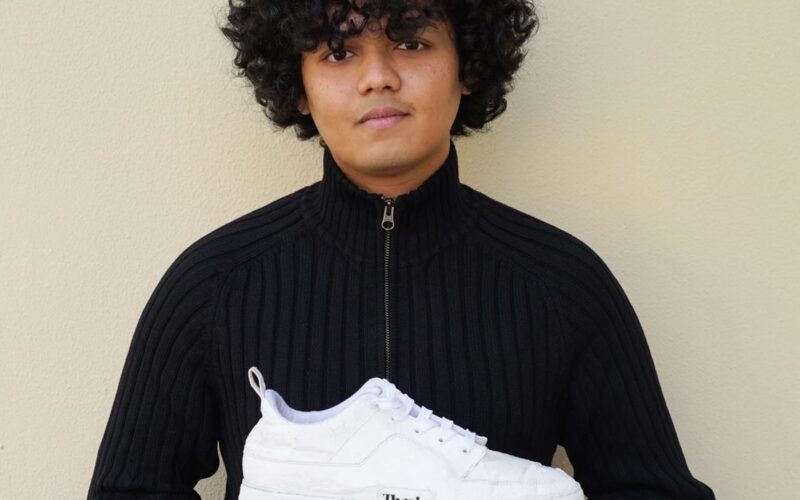112: CCell – Growing Living Reefs for Coastal Protection
This summer when we visited our favorite beach in Indiana – Indiana Dunes National Park – with its immense sand dunes, we were saddened by how much of the beach had been washed away. What used to be a gradual slope from the road to the water , now required a flight of 20 steps to reach the sand. Sand and beaches have always shifted and moved, but why are these shifts different. With climate change and changing weather patterns have increased the wave force and have disrupted the delicate eco-system in our oceans, seas and waterways. Today we speak with Dr. William Bateman, Founder and CEO of CCell, whose fascinating invention helps to build reefs to combat coastal erosion by working with nature to restore a sustainable balance to coastal environments and bring lasting protection to communities around the world.
CCell does it by designing high-tech structures that dampen waves both by inducing turbulence and by causing them to break before they impact the shore. These structures protect the coastline by interrupting waves well before they can reach the shore while also providing an ideal habitat for a wide range of marine life; becoming the heart of long-term living ecosystems. Learn how they do it on our latest episode.
#mindfulbusinesses, #desipodcasthost, #worldoceansday #ccell #coastalprotection #coastalengineering
https://www.ccell.co.uk/
https://www.mindfulbusinessespodcast.com/



